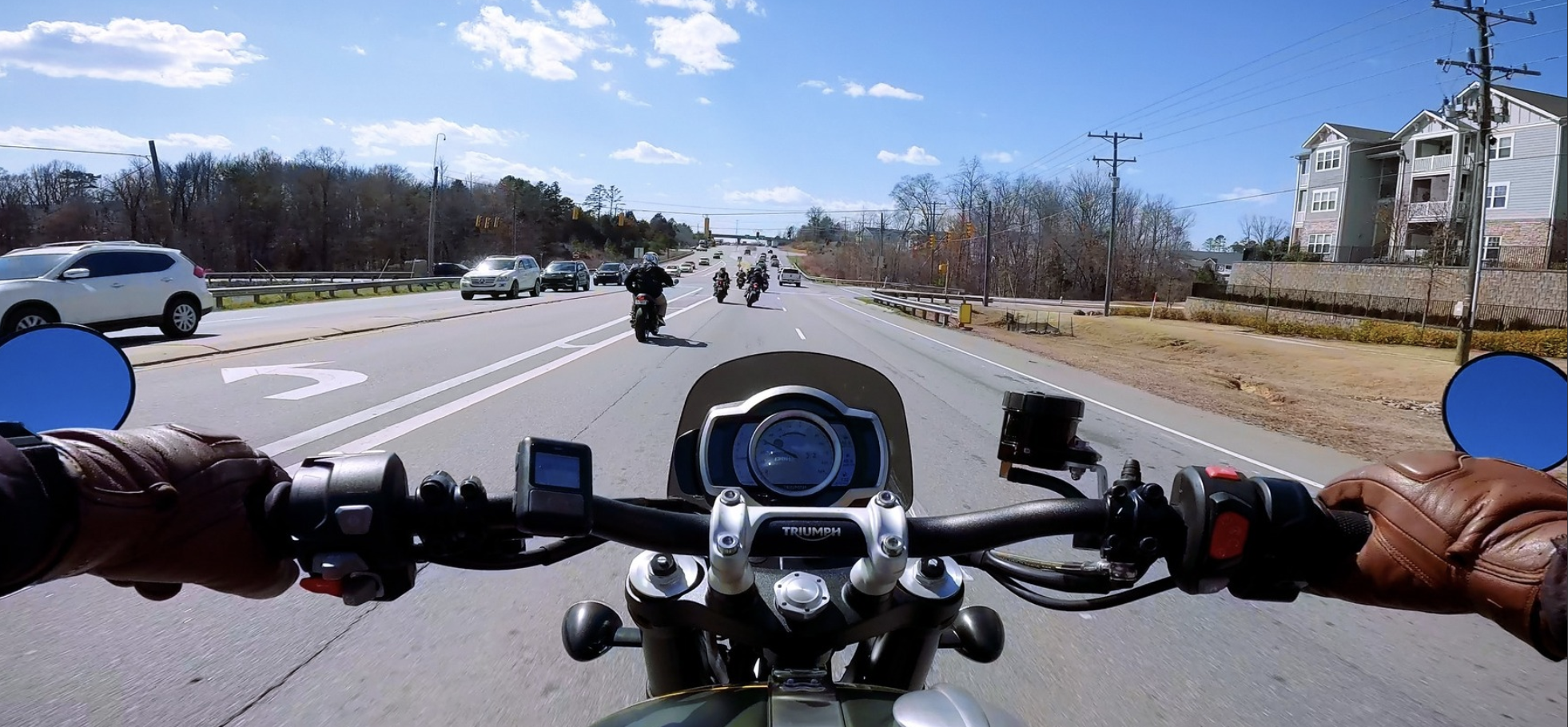I’ve been thinking a lot lately about how, when I’m more stressed, my urge to ride increases and how often the most calming, therapeutic thing I can do is get on my bike. Over the years, I’ve talked to hundreds of people who feel the exact same way, so I started digging into what actually happens in the brain and body when we ride. Turns out, it’s not just in our heads. There’s real science behind the healing power of motorcycles.
Throttle Therapy
The Psychology and Healing Power of Motorcycle Riding
I’ve been thinking a lot lately about how, when I’m more stressed, my urge to ride increases and how often the most calming, therapeutic thing I can do is get on my bike. Over the years, I’ve talked to hundreds of people who feel the exact same way, so I started digging into what actually happens in the brain and body when we ride. Turns out, it’s not just in our heads. There’s real science behind the healing power of motorcycles.
For many riders, the road offers more than adrenaline. It brings clarity, peace, and a strange sense of control even when everything else feels chaotic. This phenomenon, what some call “throttle therapy,” is increasingly being backed by research. Riding forces you to be completely present. You’re constantly scanning for traffic, reading the road, adjusting your posture, and feeling out the machine beneath you. That kind of hyper awareness leaves no room for doomscrolling or overthinking. It mirrors the same principles behind mindfulness practices, which have long been known to reduce anxiety and improve mental clarity. In fact, studies show a 20 minute ride can reduce cortisol, our main stress hormone, by up to 28%.
But the benefits don’t stop with stress. Riding engages both body and mind in a way that enhances sensory processing and mental sharpness. Reaction times improve. Visual attention becomes laser focused. It’s no surprise that many riders feel more alert and mentally on after a good ride. That blend of physical coordination and mental discipline essentially gives your brain a workout.
And then there’s the emotional side of things. Let’s face it: riding isn’t always easy. You deal with weather, traffic, mechanical quirks, and learning curves. But every challenge overcome builds resilience. You start trusting yourself more. For some, it’s even therapeutic in a deeper way, like exposure therapy in motion, helping them face fears and regain a sense of control.
There’s also something powerful about the environment itself. Riding through the countryside or along a mountain pass connects you to the natural world in a way that few other things can. The wind, the smells, the subtle changes in temperature and terrain, all of it contributes to a meditative, almost primal rhythm. That connection to nature alone has been shown to improve mood and reduce anxiety.
And finally, there’s the community. Whether it’s a meetup, a charity ride, or just bumping into someone at a gas station who nods like they already know your story, motorcycling brings people together. The camaraderie and shared language of riders can make you feel less alone, and that kind of social connection plays a huge role in mental well being.
So no, it’s not just about getting from A to B. It’s about recalibrating. Motorcycling can be a reset button for the mind, a full body meditation, and a reminder that you’re still in the driver’s seat, literally and metaphorically. Just remember: throttle therapy only works if you stay safe and stay sharp. Gear up, ride smart, and let the road do the rest.


